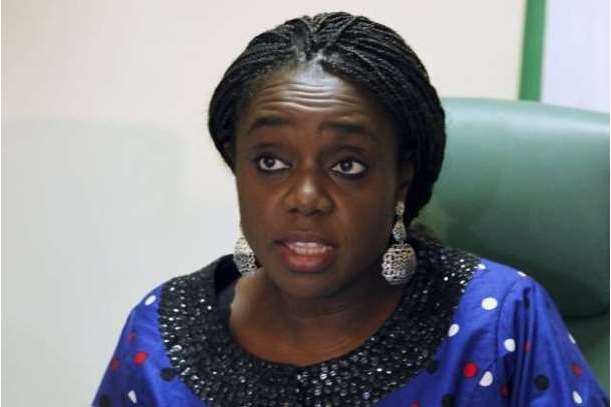Latest News
Rencap forecasts 0.5% GDP growth rate for Nigeria in 2017

News Highlight
- Renaissance Capital said its projection is premised on an improvement in capital expenditure, oil production reaching two million barrels per day, and other factors.
Renaissance Capital, a Russian investment bank, said today that it expects Nigeria’s GDP to grow by 0.5 per cent in 2017 as the country’s economy continues to recover from recession.
On Tuesday, the National Bureau of Statistics reported that Nigeria’s economy contracted by 1.3 per cent during the fourth quarter of 2016. This was a slower contraction than the 2.24 per cent recorded in the preceding quarter.
Rencap said in a note to investors that it expects the Nigerian economy to continue its recovery eventually growing by 0.5 per cent this year. The Moscow-based bank said its projection is premised on an improvement in capital expenditure, the agriculture sector maintaining its 4 per cent growth rate, oil production reaching two million barrels per day, and the Central Bank of Nigeria sustaining foreign exchange flows.
“The $1.5 billion in foreign loans that the government has secured since November for the budget, and those to come suggests we should see a lift in capex in 2017, compared to 2016,” said Yvonne Mhango, Sub-Saharan African Economist at Rencap. “The recent narrowing of the spread between the official and parallel FX rates is positive. However, this policy is premised on the central bank sustaining sizeable net FX inflows.”
In an effort to boost FX liquidity, the CBN announced last week that it would provide more FX for banks to meet retail demands for travel allowances, school fees, and medical expenses. The apex bank promptly sold $370.8 million to 23 banks at rates ranging from N315 to N360 per dollar.
Rencap, however, said in order for the CBN to sustain FX flows, it must ease FX controls, unify the different FX rates in the country, and allow for price discovery.
“This would help key sectors like trade and manufacturing recover. We think a resolution in the Niger Delta would allow for oil output to stabilise at about 2 million bpd and support a recovery in FX liquidity,” Mhango said.
Related News
Latest Blogs
- Historical insights for Nigerian Cabotage Vessel Financing Fund
- Rethinking Nigeria's development for people-centred outcomes
- Moving from prohibition to regulation, what’s next for crypto in Nigeria?
- The way out of Africa’s unsustainable debt and underdevelopment
- The Tah Doctrine: A presidential mandate for Africa’s next chapter
Most Popular News
- Artificial intelligence can help to reduce youth unemployment in Africa – ...
- Valor Hospitality announces two deals in Nigeria, Senegal
- AWIEF opens nominations for 2025 awards for Africa’s women entrepreneurs
- African Development Bank elects Sidi Ould Tah ninth president
- GenAI to mostly transform and not replace 25% of exposed jobs
- Global space economy market to surpass $511 billion in 2029









